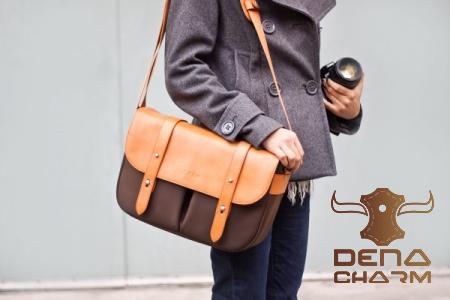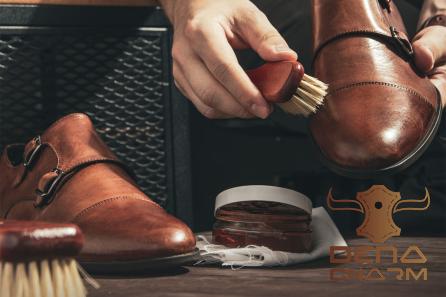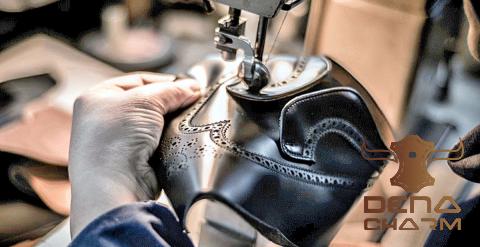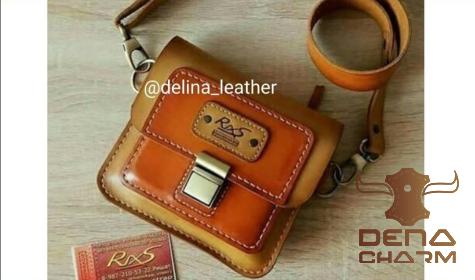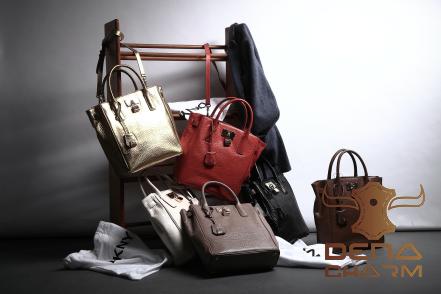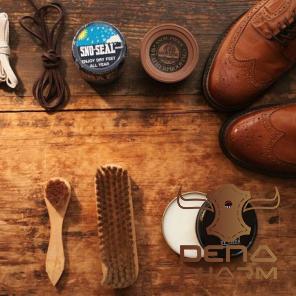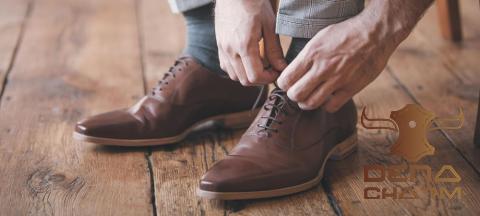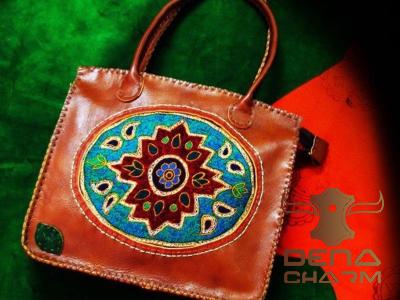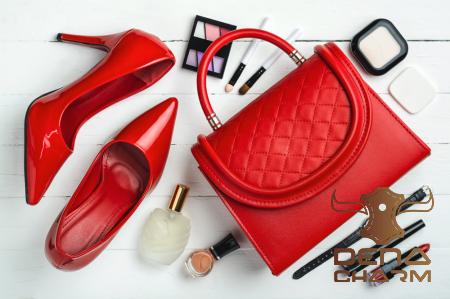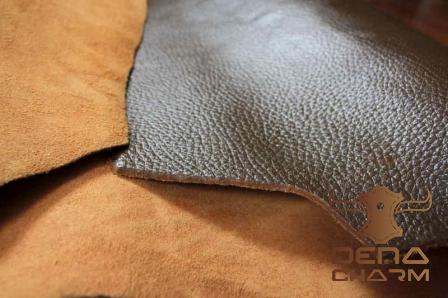In recent years, faux leather has gained immense popularity as a versatile and sustainable alternative to genuine leather. As demand for this synthetic material continues to grow, it has become essential for businesses to find reliable faux leather suppliers. This article will explore the key factors to consider when buying faux leather suppliers, highlight the best types available in the market, and delve into how businesses can effectively use these suppliers. Buying Faux Leather Suppliers: Finding the right faux leather supplier is crucial for businesses aiming to offer high-quality products while keeping costs in check. Here are some key considerations to keep in mind before making a purchase: 1. Quality and Durability: When searching for faux leather suppliers, it is essential to prioritize quality and durability. Look for suppliers who offer materials that closely resemble the texture, appearance, and feel of genuine leather. Ensure that the faux leather is resistant to scratches, tears, and fading. Reliable suppliers often provide samples or detailed product descriptions to assist in the decision-making process. 2. Environmental Sustainability: As the world becomes more conscious of environmental issues, businesses should prioritize eco-friendly materials. Seek out suppliers who offer faux leather made from recycled or renewable resources. Additionally, inquire about their manufacturing processes to ensure they comply with environmental standards, such as minimizing water and energy usage, and reducing waste. 3. Pricing and Minimum Order Quantity (MOQ): Consider your budget and evaluate the pricing structure of different suppliers. While it’s important to look for competitive prices, be cautious of suspiciously low rates, as they might indicate compromised quality. Moreover, inquire about the minimum order quantity (MOQ) as some suppliers might have specific requirements that may impact your purchasing decisions. The Best Types of Faux Leather Suppliers: Now that we have discussed factors to consider when buying faux leather suppliers let’s explore some of the best types available in the market: 1. Synthetic Polyurethane (PU) Leather: Synthetic PU leather is widely considered the best alternative to genuine leather. It offers a comparable look and feel, with excellent durability and resistance to wear and tear. PU leather suppliers provide a versatile range of options suitable for various industries, including fashion, furniture, and automotive. 2. Polyvinyl Chloride (PVC) Leather: PVC leather is another common type of faux leather known for its affordability and water resistance. While it may not have the same luxurious feel as PU leather, it is an ideal option for businesses seeking cost-effective materials for accessories like bags, wallets, and belts. 3. Microfiber Leather: Microfiber leather, also known as eco-leather or vegan leather, is an innovative alternative to traditional leather. Its luxurious appearance and soft texture make it a preferred choice for industries such as fashion and furniture. Microfiber leather suppliers offer a wide range of colors and finishes, making it easier for businesses to find the perfect fit for their products. How to Use Faux Leather Suppliers: Once you have chosen a reliable faux leather supplier, it’s time to put their products to good use. Here are a few tips to consider: 1. Product Development: Work closely with your supplier to develop high-quality products tailored to your target market. Use faux leather in the design of handbags, shoes, wallets, furniture upholstery, and more. Experiment with different finishes, colors, and textures to create unique offerings that stand out in the market. 2. Marketing and Branding: Leverage the sustainable aspects of faux leather in your marketing efforts. Highlight its eco-friendly nature and position your brand as environmentally conscious. Educate your customers about the benefits of using faux leather and how it aligns with their values. 3. Collaboration with Fashion Designers and Artists: Extend your reach by collaborating with fashion designers and artists who can showcase your faux leather products in their collections or artwork. This cross-promotion can introduce your brand to new audiences and generate greater exposure for your products. Conclusion: In today’s business landscape, finding reliable faux leather suppliers is essential for businesses seeking to meet the demand for sustainable and cruelty-free materials. By considering factors such as quality, sustainability, and pricing, businesses can make informed decisions when buying faux leather suppliers. When using these supplies, creativity and brand positioning will be key in differentiating your products and attracting customers. With the right blend of quality products and effective marketing strategies, businesses can thrive in this growing market.
